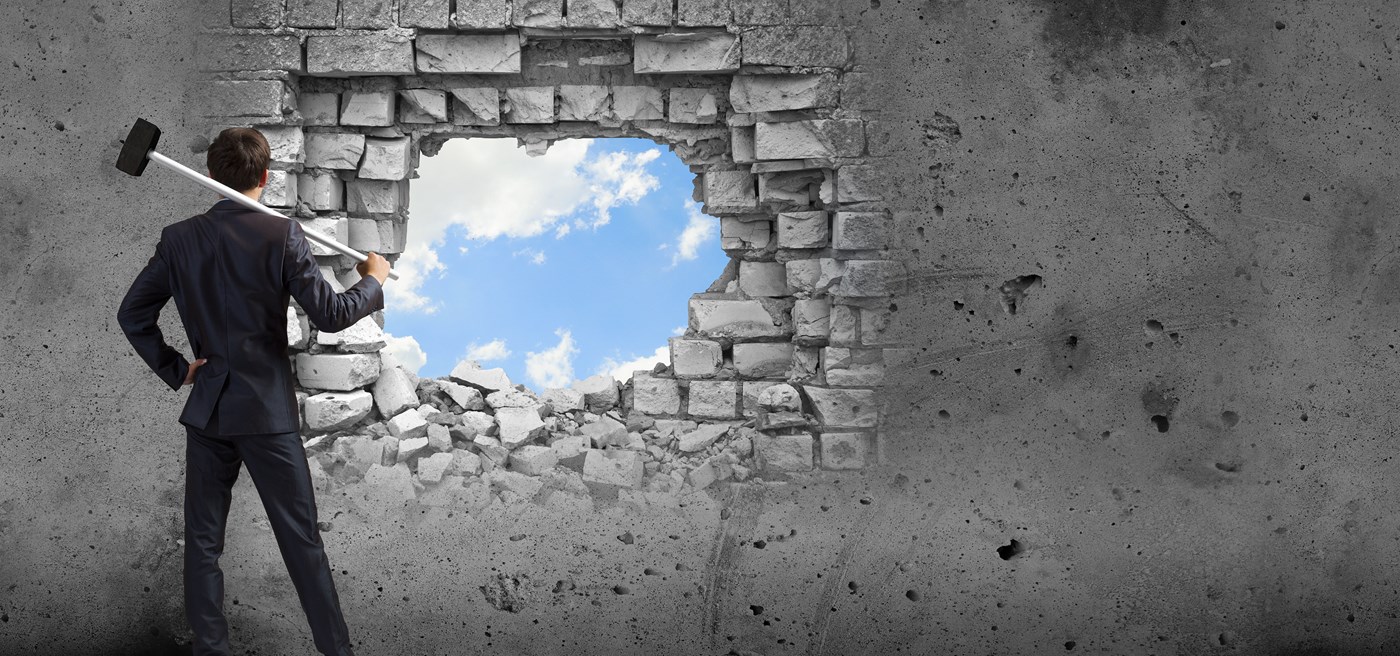Eu-Japan: the big deal against protectionism

Japan and the European Union have signed a free trade deal in Tokyo after years of negotiations. The economic partnership agreement covers about 40 percent of the world’s trade and 30 percent of its gross domestic product. The EPA calls for Japan and the EU to remove tariffs on most of each other’s goods in phases.
Japan’s Prime Minister Shinzo Abe attended a signing ceremony on Tuesday afternoon with visiting European Council President Donald Tusk and European Commission President Jean-Claude Juncker.
The deal requires Japan to remove tariffs on 94 percent of products imported from the EU, while the bloc must end levies on 99 percent of Japanese goods.
The 2 sides are aiming for early implementation of the pact once they obtain parliamentary approval.
Abe met with European Commission President Jean-Claude Juncker and European Council President Donald Tusk in Tokyo on Tuesday to sign the EPA at the 25th EU-Japan Summit. The agreement was supposed to have been signed during an EU-Japan summit in Brussels last Wednesday, but the meeting was canceled by Abe due to the recent flooding disaster in Japan.
The result of four years of negotiation, the EPA was finalized in late 2017 and is expected to come into force by the end of the current mandate of the European Commission in autumn 2019. The EU has called the agreement “highly ambitious and comprehensive.” The total trade volume of goods and services between the EU and Japan is €86 billion.
After signing the deal, Tusk said: “We are sending a clear message that we stand together against protectionism.”
“Together we are making, by signing this agreement, a statement about free and fair trade, we are showing that we are stronger and better off when we work together,” added Juncker.
EU agricultural exports are expected to experience a boost from the EPA, as Japanese tariffs on cheese, wine and pork will be eliminated. According to the Commission, exports of processed foods could increase by up to 180 percent.
The EPA will also open the Japanese market for more EU-based services and give EU developers access to Japanese public infrastructure projects, such as railroads. The EU estimates that 600,000 jobs in Europe are related to trade with Japan.
The agreement is also expected to increase chemical exports from the EU to Japan by 22 percent and mechanical engineering shipments by 16 percent. The Japanese computer, electric and automobile industries are all expected to benefit from the deal. For example, EU import tariffs on Japanese cars, currently at 10 percent, will gradually be reduced to zero.
The EU and Japan also see the signing of the deal as a signal against US President Donald Trump’s protectionist trade policies. Prime minister Abe views free trade as a driver of Japanese economic growth.
“Japan is pressing on the accelerator of globalization,” Schürmann said, adding that in response to growing protectionist tendencies, the East Asian nation is pushing for more instead of less global cooperation.
In fact, Japan was the main driver behind the completion of the revised Trans-Pacific Partnership (TPP) free trade agreement this spring, after Trump pulled the US out of the deal, agreed upon by his predecessor Barack Obama’s administration. After that move, the EU and Japan also accelerated their negotiations.
The European Commission (EC) has also rejected warnings from consumer advocates about higher drinking water prices and forced privatizations of public services.
The national and local authorities retain their prerogative to keep public services in public hands, the EC stressed, adding that the agreement will not lead to deregulation and privatization of water and sanitation. Rather, Japan and the EU want to meet the highest standards of work, safety, environmental and consumer protection, the EC said.

